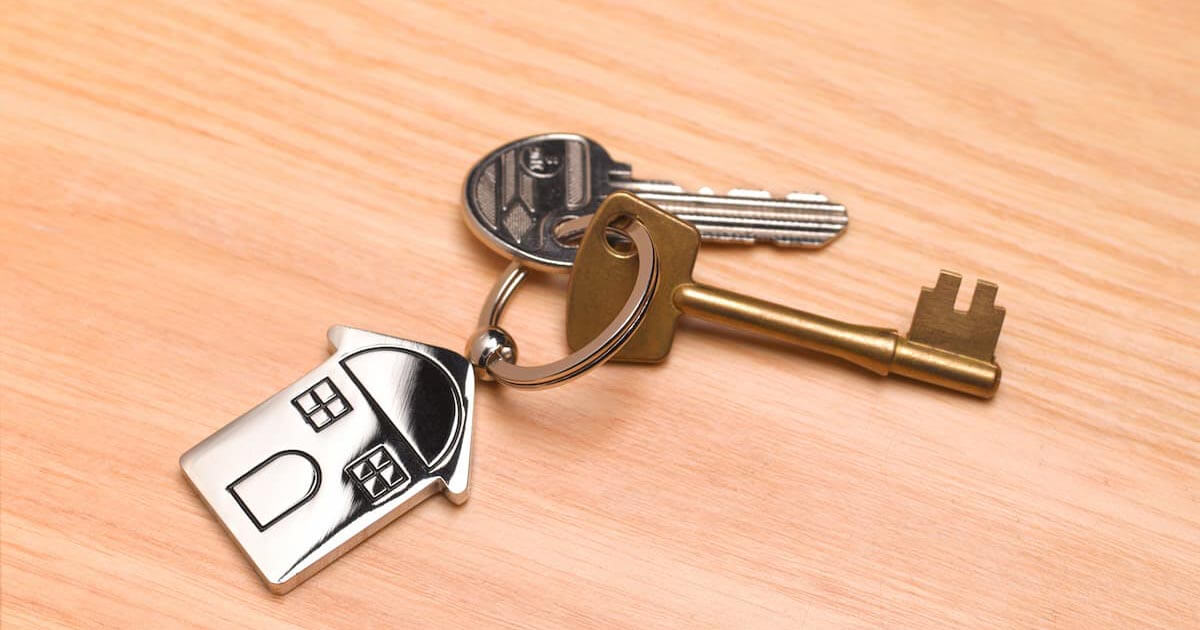Safeguarding the welfare of pets
Dog breeding licence
The government introduced the Dog Breeding Licence in order to clamp down on what are being described as “backstreet breeders”. Anyone who runs a business which specifically breeds and sells dogs or anyone who breeds more than 3 litters a year and sells any of the puppies must hold a Dog Breeding Licence. The new changes came into effect on 1st October 2018, but only apply to breeders who sell the dogs for profit.
Applicants will receive a visit from a vet or inspector who will visit the premises to check that your breeding dogs live in suitable accommodation and have adequate food, water and bedding. They will also check that the dogs are regularly exercised, and are transported safely and comfortably. Finally they will want to ensure that they are protected from fires, floods and other natural disasters, and are protected from any diseases that may spread.
Once a licence has been received, it must be displayed in a prominent position in the premises from where you conduct your dog breeding business. The name of the licence holder and their licence number should also be displayed on any web pages used by the business. The licence should also be kept readily available in the event of a visit from an inspector. This can be either a paper copy or an electronic copy, as long as they are easily accessible. The government guidance recommends that any licences stored electronically are backed up.
The government guidance has set out a number of welfare standards for the dogs which are split into Minimum Standards and Higher Standards. A new star system has also been introduced to rate the welfare standards of the dog breeder.
When displaying your puppies for your customers, you must always show them with their mothers, before the sale, and the puppies cannot be less than 8 weeks old when they are handed over to their new owners.
Exceptions to the licence
If you can prove that you have not sold any dog, whether this is a puppy or an adult, you will be exempt from needing the licence.
A Dog Breeding Licence is also not required if breeding is not a profit making venture. The Kennel Club give the example that a stud fee, food, shelter and vaccinations, a caesarean section and Kennel Club registration could cost £2,118, and by keeping one puppy and selling three others for £700 from a litter of four puppies, the breeder would have made £2,100, and therefore have a loss of £18. Although breeding the dogs had made money, which would need to be declared to HMRC, it is clearly not a profit-making business venture, so the breeder is exempt from the licence.
Applying for the licence
Dog breeders insurance
Get in touch with Premierline today to speak to one of our trained experts who can help arrange dog breeders insurance. We work with some of the UK's leading insurers to find the right cover for your needs.
Amongst other covers, public liability insurance can form an important part of your package, and in some cases, may be required in order to receive the dog breeding licence. Some councils, such as Birmingham City Council, require proof of public liability cover before they issue the licence, so make sure to check with your local council. Public liability cover is there to protect visitors and their property when at your business premises and can help to cover the costs of any claims made by visitors to your premises.
















